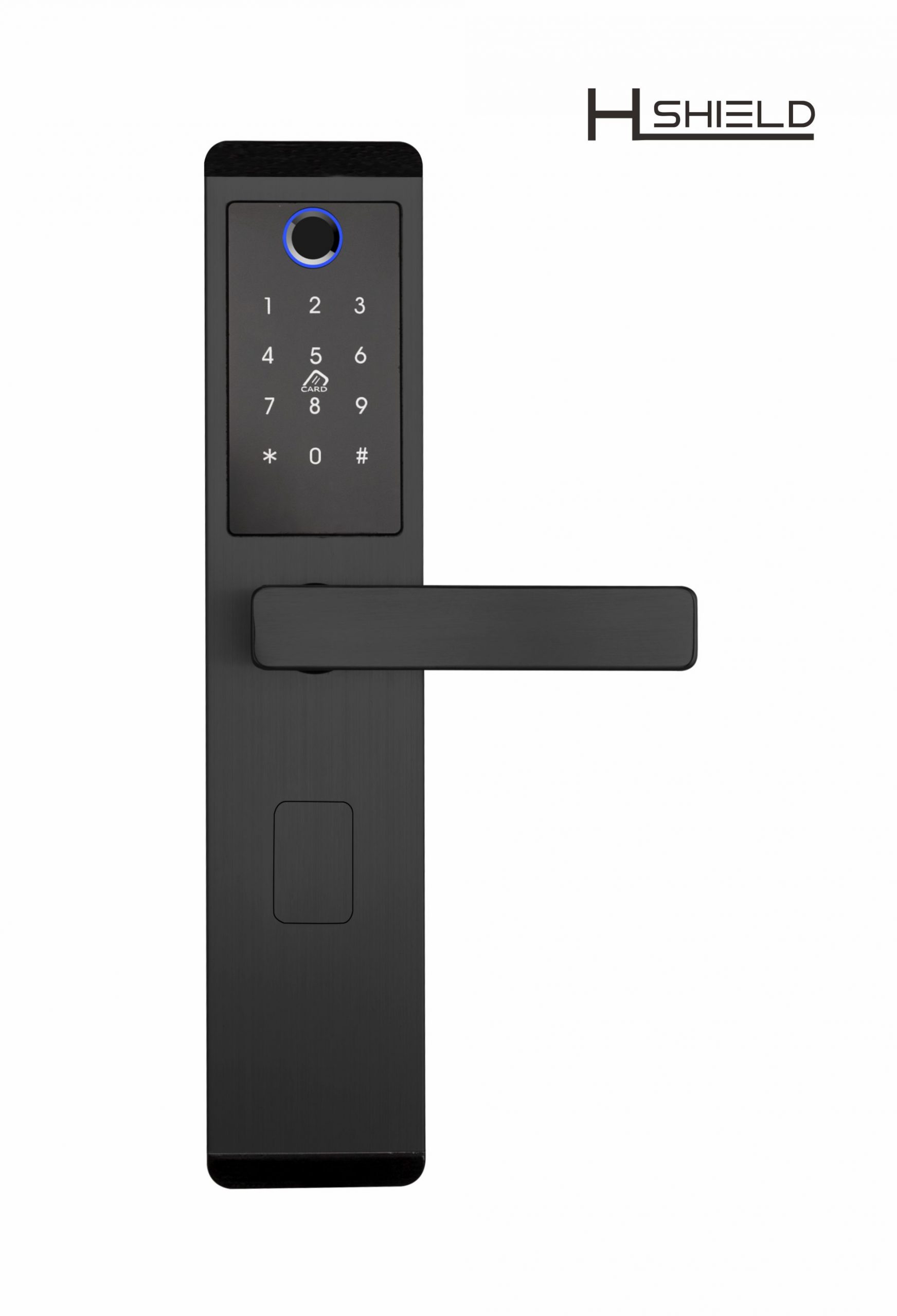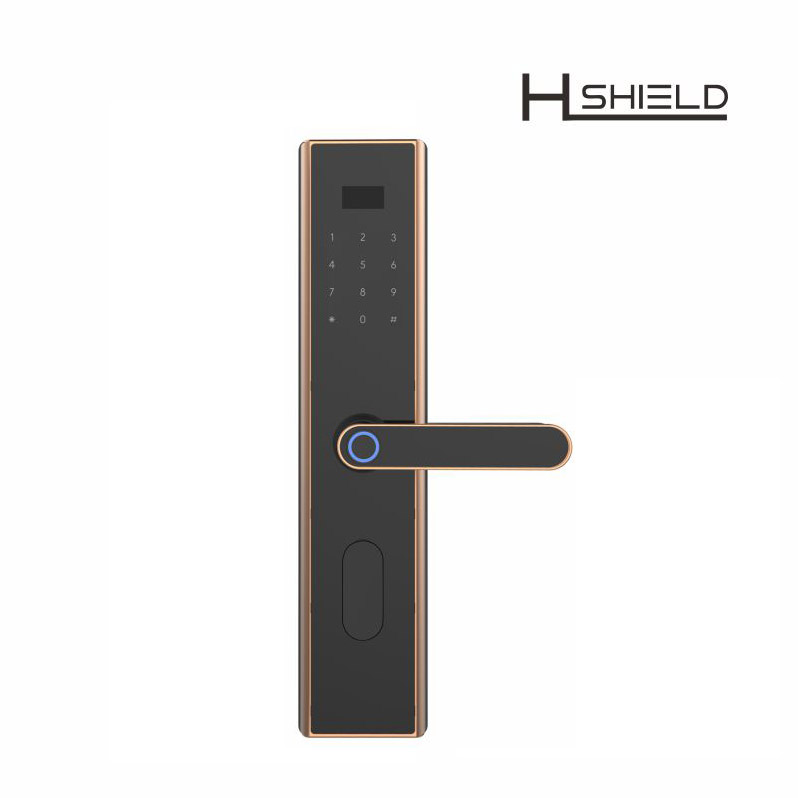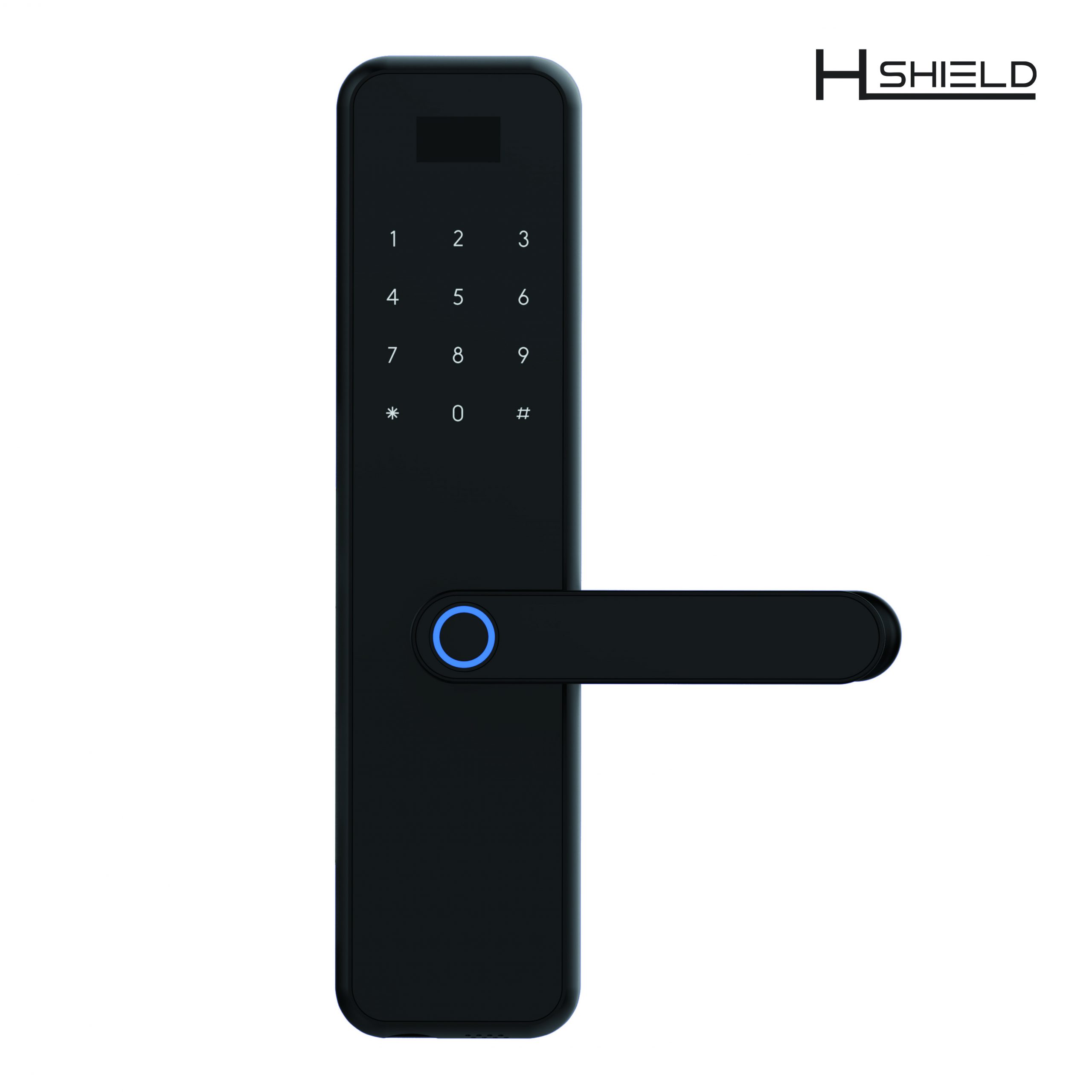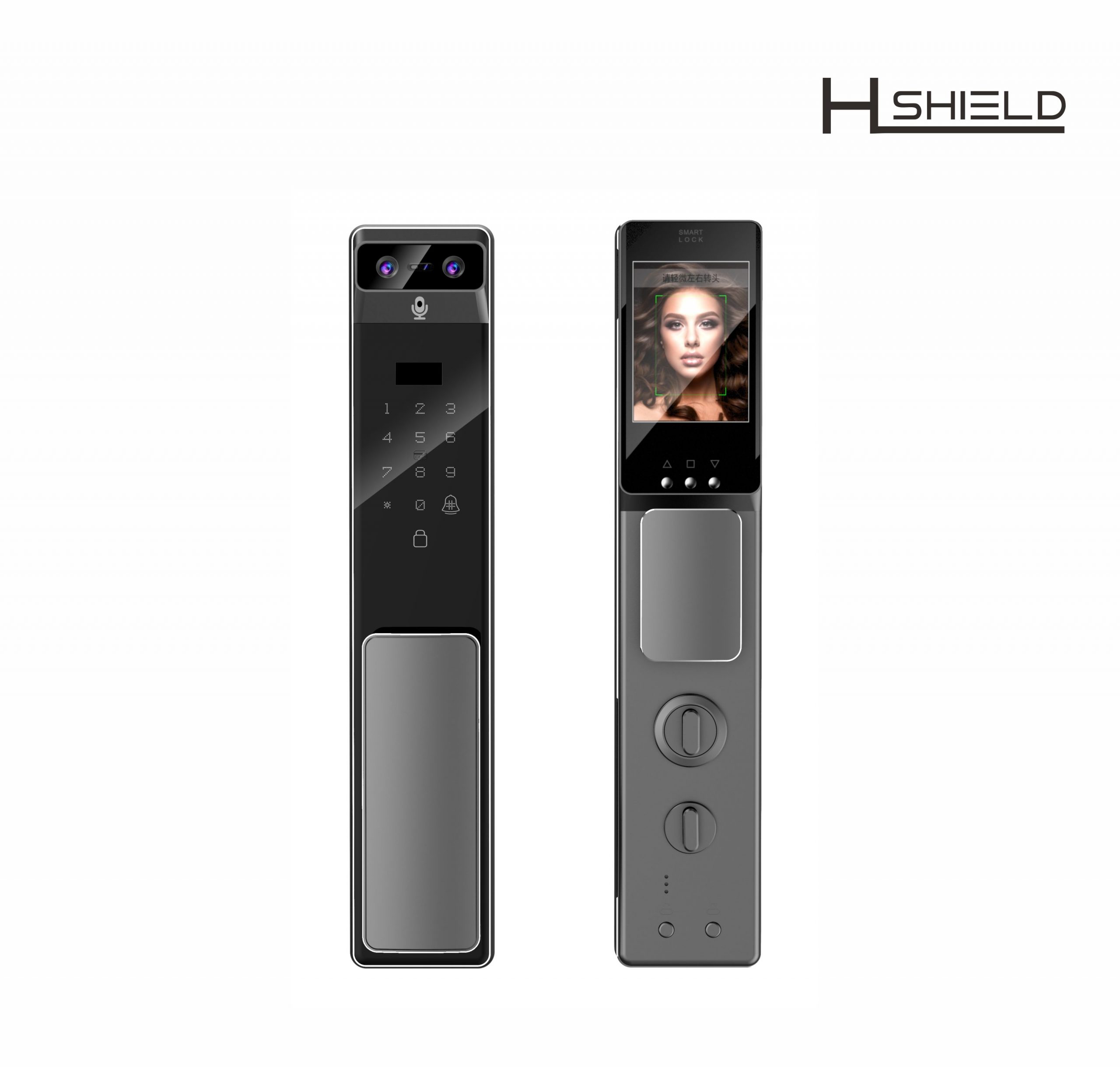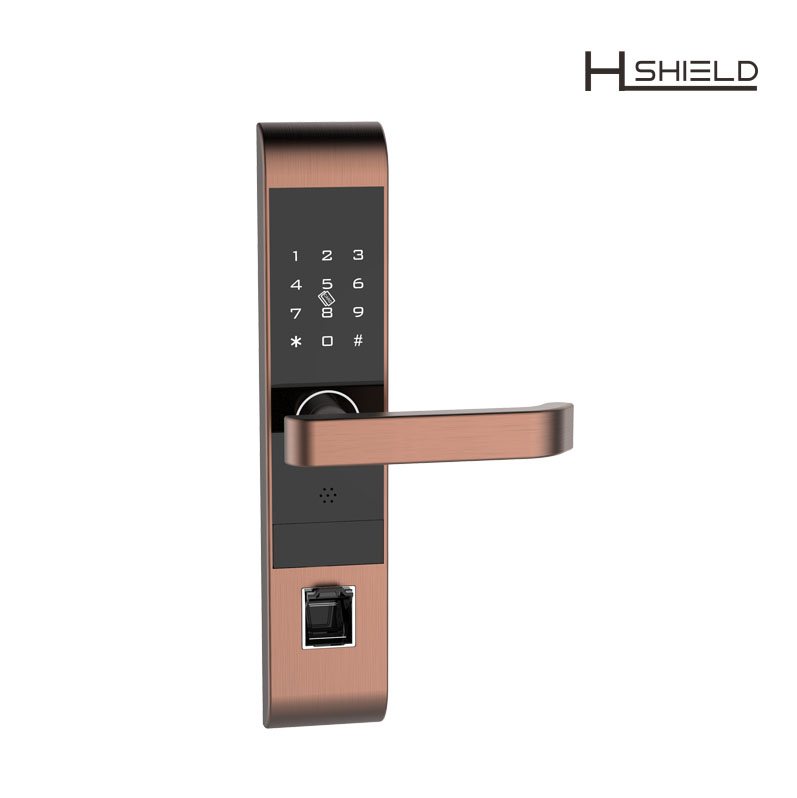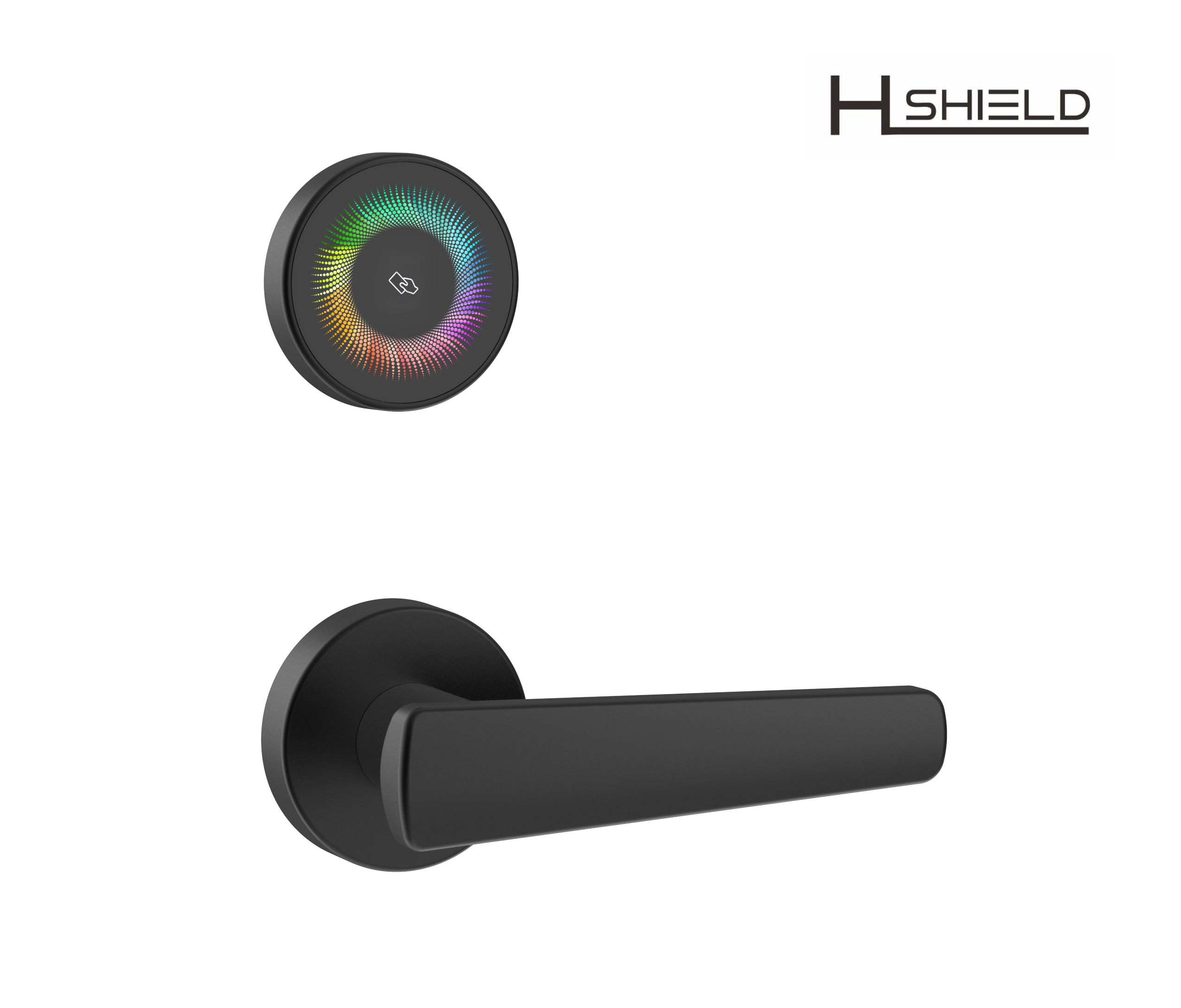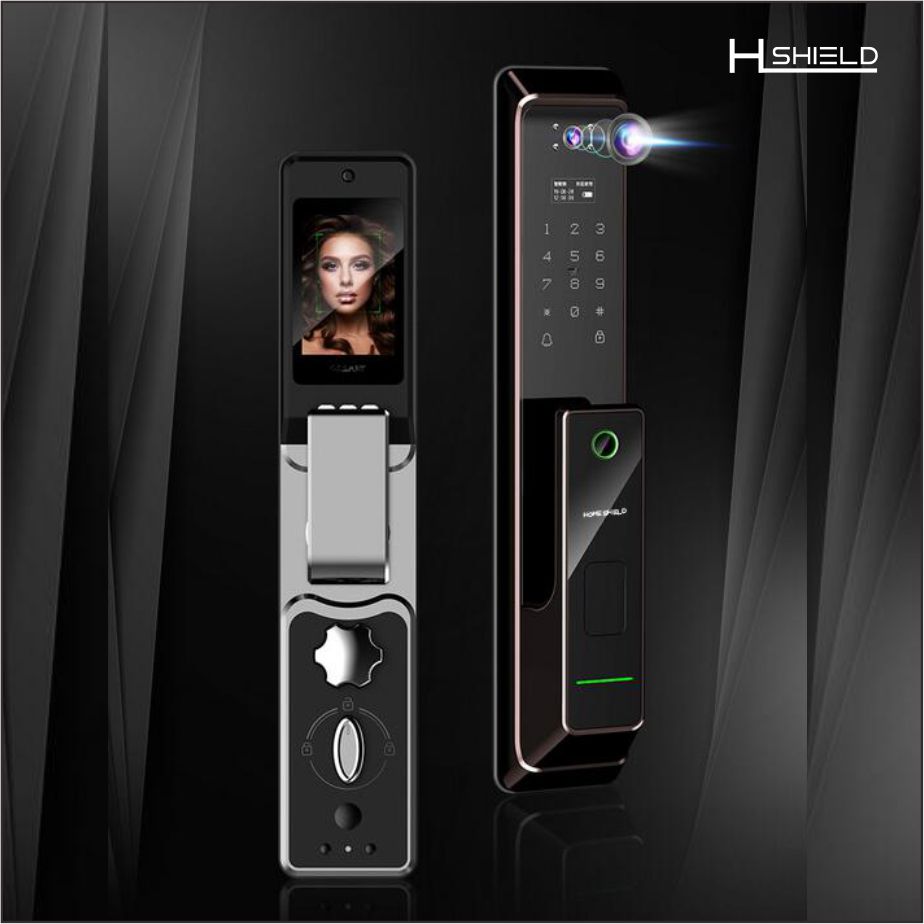Introduction
In recent years, smart home technology has become increasingly popular in Canada, revolutionizing the way Canadians interact with their living spaces. From intelligent thermostats to advanced security systems, the integration of smart technology into homes is transforming daily life, enhancing convenience, efficiency, and safety. Among these innovations, fingerprint smart locks are gaining significant attention for their ability to provide a high level of security coupled with ease of use. As we delve into the rise of fingerprint smart lock technology in Canada, we will explore its benefits, the reasons for its growing adoption, and its future in home security.
What Are Fingerprint Smart Locks?
Fingerprint smart locks are a cutting-edge advancement in home security systems, utilizing biometric technology to grant access. Unlike traditional locks that require keys or combinations, fingerprint smart locks use the unique patterns of an individual’s fingerprint to unlock doors. This technology involves a scanner embedded in the lock, which captures and stores fingerprint data. When a registered fingerprint is placed on the scanner, it is matched against the stored data to verify identity and grant access. This method not only enhances security but also eliminates the need for physical keys, reducing the risk of unauthorized entry through lost or stolen keys.
The core technology behind fingerprint smart locks is based on biometrics, which refers to the statistical analysis of biological data. Biometric authentication systems like fingerprint recognition rely on the uniqueness of human features, making them a robust security solution. The scanner within the lock captures the minutiae points on a person’s fingerprint—these are the tiny, unique characteristics such as ridge endings and bifurcations. Once captured, these points are converted into a digital template, which is stored securely within the lock. Upon subsequent use, the fingerprint is scanned again and compared against the stored template for verification.
Why Are Canadians Turning to Fingerprint Smart Locks?
Several factors are contributing to the surge in popularity of fingerprint smart locks among Canadians:
Enhanced Security: Traditional locks can be picked or keys can be duplicated, but fingerprint technology offers a higher level of security by using unique biometric data that is difficult to replicate.
Convenience: Fingerprint smart locks provide quick and easy access without the need to carry keys or remember codes, making them especially useful for busy households and individuals with mobility issues.
Modern Aesthetics: These locks often feature sleek, modern designs that appeal to homeowners looking to upgrade the appearance of their entryways.
Technological Integration: As part of a broader smart home ecosystem, fingerprint smart locks can integrate with other smart devices, enhancing overall home automation and security.
Rising Crime Rates: In some areas, an increase in burglary rates has prompted homeowners to seek more secure alternatives to traditional locking mechanisms. The high-security features of fingerprint smart locks address these concerns effectively.
Another reason for the growing adoption is the increasing awareness and availability of smart home technology. With more products on the market and competitive pricing, fingerprint smart locks have become more accessible to the average consumer. Moreover, the influence of smart home technology in media and popular culture has also played a role in encouraging Canadians to modernize their homes.
How Do Fingerprint Smart Locks Enhance Home Security?
Fingerprint smart locks offer numerous security benefits that make them a preferred choice for Canadian homeowners:
Biometric Authentication: By using fingerprints, which are unique to each individual, these locks significantly reduce the risk of unauthorized access.
Activity Logs: Many smart locks come with activity logs that track who enters and exits the home, providing an additional layer of security and peace of mind.
Remote Access: Homeowners can manage and monitor their locks remotely via smartphone apps, allowing them to grant access to visitors or service personnel even when they are not at home.
Tamper Alerts: Advanced fingerprint smart locks can send alerts to homeowners if tampering is detected, enabling immediate action to secure the home.
Auto-Lock Features: These locks often come with auto-lock capabilities, ensuring that doors automatically lock after a set period, reducing the risk of leaving doors unlocked accidentally.
Fingerprint smart locks also contribute to neighborhood security by potentially reducing the number of break-ins. Homes with visible smart security systems can act as a deterrent to criminals who prefer to target houses with traditional locks that are easier to bypass.
Integration with Smart Home Systems
Fingerprint smart locks are designed to seamlessly integrate with broader smart home systems, offering a cohesive and efficient approach to home automation:
Smart Hubs: These locks can connect to smart hubs, such as Amazon Alexa or Google Home, allowing users to control their locks with voice commands.
Interconnected Devices: Integration with other smart devices, such as security cameras, lights, and alarms, creates a comprehensive home security network that can respond dynamically to different scenarios.
Automated Routines: Homeowners can set up automated routines that include locking doors at specific times, ensuring that the home is always secure without manual intervention.
Home Network Security: Integration with smart home networks allows for centralized control and monitoring, simplifying the management of home security.
For instance, a homeowner could program their smart home system to lock all doors, turn off lights, and set the alarm system with a single voice command or through a mobile app. This level of integration not only enhances security but also adds convenience, particularly for tech-savvy individuals who appreciate streamlined control over their home environment.
Adapting to Canada’s Climate
Canada’s diverse climate poses unique challenges for home security devices, but fingerprint smart locks are designed to perform reliably across varying conditions:
- Durability: Many fingerprint smart locks are built with weather-resistant materials to withstand extreme temperatures, moisture, and other environmental factors common in different regions of Canada.
- Performance in Cold Weather: Advanced fingerprint sensors are designed to operate effectively even in cold temperatures, ensuring that the lock remains functional throughout harsh Canadian winters.
- Moisture Resistance: In areas with high humidity or frequent rain, smart locks are often equipped with protective coatings and sealed electronics to prevent moisture-related damage.
Manufacturers conduct rigorous testing to ensure that their products can endure the varied Canadian climate. For example, locks are tested for their ability to operate in temperatures ranging from -30°C to 70°C, ensuring they remain functional during the coldest winters and the hottest summers. Additionally, water resistance is a key feature, with many locks achieving IP65 or higher ratings, indicating their ability to withstand heavy rain and humidity.
Consumer Trust and Privacy Concerns
As with any technology involving personal data, fingerprint smart locks raise questions about privacy and data security:
Data Encryption: To protect users’ biometric data, manufacturers employ advanced encryption methods, ensuring that fingerprint information is securely stored and transmitted.
Regulatory Compliance: Reputable brands comply with strict data protection regulations, providing transparency about how data is used and ensuring user consent.
User Control: Homeowners have control over who can access their fingerprint data, with options to add or remove authorized users at any time.
Manufacturer Reputation: Trust in the manufacturer’s commitment to data security and privacy is crucial. Consumers often look for established brands with a strong track record in the industry.
Consumer education is vital to building trust. Manufacturers and retailers must clearly communicate how fingerprint data is protected and used, alleviating concerns about potential misuse or breaches. Furthermore, adherence to international standards and certifications can provide additional reassurance to consumers about the safety and reliability of the technology.
The Future of Home Security in Canada
The adoption of fingerprint smart locks in Canada is just the beginning of a broader trend towards more advanced home security technologies:
Enhanced Biometric Solutions: Future developments may include multi-factor biometric authentication, combining fingerprints with facial recognition or voice recognition for even higher security.
AI Integration: Artificial intelligence could enable smarter security systems that learn user behavior patterns and adapt to potential threats in real-time.
Sustainability: Eco-friendly smart locks powered by renewable energy sources could become more common, aligning with Canada’s commitment to sustainability and reducing environmental impact.
Accessibility Improvements: Innovations will likely focus on making smart locks more accessible for individuals with disabilities, ensuring that everyone can benefit from enhanced security features.
Interoperability Standards: As smart home ecosystems evolve, there will be a greater emphasis on interoperability standards, ensuring that devices from different manufacturers can work together seamlessly.
In the near future, we may see fingerprint smart locks that offer even more sophisticated features, such as integrated cameras that provide a visual confirmation of the person at the door. Advances in AI could lead to predictive security systems that anticipate and respond to potential threats before they occur. Moreover, the push towards sustainable living will likely influence the design and functionality of smart locks, with more energy-efficient models entering the market.
Conclusion
Fingerprint smart lock technology is rapidly becoming a cornerstone of modern home security in Canada. By offering enhanced security, convenience, and seamless integration with smart home systems, these locks are meeting the evolving needs of Canadian homeowners. As technology continues to advance, we can expect even more sophisticated and user-friendly security solutions to emerge, further transforming the landscape of home security in Canada. Embracing fingerprint smart locks not only enhances safety but also represents a step towards a more connected and automated future for Canadian homes. The future of home security is undoubtedly smart, secure, and interconnected, promising greater peace of mind for homeowners across the country.
Ready to enhance your home security with cutting-edge fingerprint smart lock technology?
Don’t wait any longer! Contact us today to learn more about our range of smart home solutions and how we can help you secure your home with the latest innovations. Click here to get in touch with our expert team and start your journey towards a safer, smarter home. Your peace of mind is just a click away!


